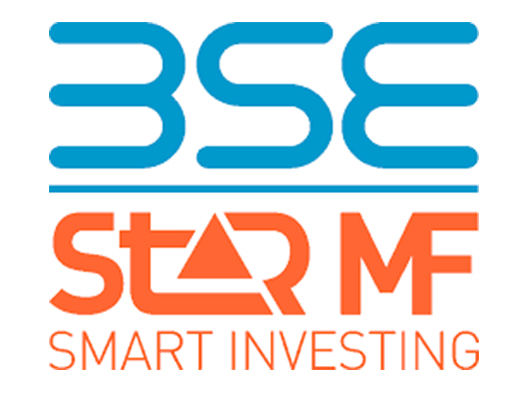An index fund, particularly in the form of a direct plan, is considered one of the best ways to invest for individuals seeking a reliable investment option. Index funds allow investors to purchase a basket of stocks, typically tracking a specific index such as the Nifty index fund, Next 50 in Nifty, or Midcap Index, at a low cost. The direct plan of an index fund further reduces the expense ratio, making it an attractive option for cost-conscious investors. Additionally, index funds eliminate the risk associated with a fund manager’s performance and ensure alignment with investors’ interests.

Is the Index Fund Better or an Actively Managed Mutual Fund?
Just by mirroring the index, index funds have outperformed most largecap funds. If you open the portfolios of most mutual funds, you will see that they hold many index stocks. This is called closet-index hugging.
Many funds exhibit this pattern and you can spot them by checking their performance track record. If they are consistently above or below the index by 1 or 2% and are holding 20% more funds than the index then chances are they are closet index funds. This is not a good thing for you because you are paying a higher expense ratio for a not-so-great performance. Net of expense ratio you are not making more than the index itself. Why not simply buy the index itself as an index fund (or ETF)?
How do I select an Index Fund?
Simply go for a reputed fund house and a fund that has the least deviation from the index performance. This deviation is called the tracking error. Also, go for a fund with the least expense ratio because a passive fund must have lower costs.
Is anything wrong with Index Funds as an Investment Strategy
Nothing major, except that a fast-growing company growing company may take time to enter the index; much of its growth momentum may be ‘lost’ after it enters the index unless, of course, it is a blockbuster company and the next Amazon of the world. Similarly, if a company declines, it may linger in the index for a long time before getting ejected. In both cases, you may not gain majorly as an investor. Also, note that volumes of index funds and ETFs grow, and the herd money rushes into the common territory. This is actually not a bad thing for the average investor, but the discerning investor may not be able to tap the great value gets created outside the index.
Is there a better investment strategy?
A direct equity portfolio if managed well works better because of the above structural issues in how index funds work. This increases risk but the rewards can be much higher. Also if the investment strategy mitigates risk then you may consider it. The Roots & Wings investment philosophy of Jama Wealth is one such example. It is a quantitative methodology that has been enhanced with machine learning.
The ‘Wings’ are growth-focused (Sales, profit and op income) and the “Roots” focus on key ratios and promoter values. The portfolio style is to preserve and grow; via large, mid-cap companies.
The model is clean because the equity advisor doesn’t touch client money and they don’t take custody of stocks. There is no lock-in, no exit loads and hence no conflict of interest.
This portfolio has returned about 34.05% in the last year vs Nifty Total Returns Index at 5.11%. The long-term average rolling 3-year return measured over the last 13 years (52 observations) is 27.73% vs Nifty Total returns the index of 11.09%.
Conclusion
For the average investor looking to compound their wealth, direct index funds provide a solid investment vehicle. However, for those seeking to take their investment strategy to the next level, a direct equity portfolio may offer greater potential returns. It is essential for investors to carefully consider their risk tolerance, investment goals, and preferences when choosing between index funds and direct equity portfolios. By understanding the advantages and limitations of each strategy, investors can make informed decisions and optimize their investment outcomes.






















